#Joe Pitt
Text
Alex Hirsch just posted a video on Instagram that Joe Pitt made on the day that Gravity Falls was greenlit!
All the way back in 2009!!
A perfect way to wrap up the 10 year anniversary of Gravity Falls premiering!
#gravity falls#mabel pines#dipper pines#mabel#gravity falls mabel#alex hirsch#10 years of gravity falls#dipper and mabel#gravity falls fandom#grunkle stan#dipper#stan pines#stanley pines#young alex hirsch#2009#disney tva#cartoon#Joe Pitt#omg he's so young!#the man who made gravity falls everyone#gravity falls is real and it will never die#I love this man so much#thats how you celebrate a show greenlight
33K notes
·
View notes
Photo
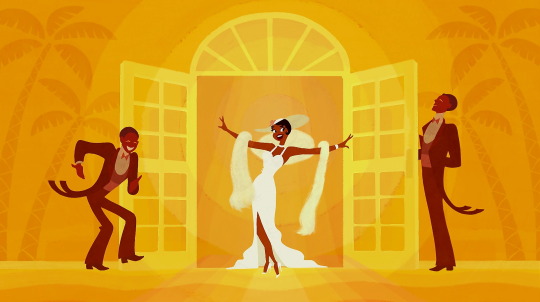


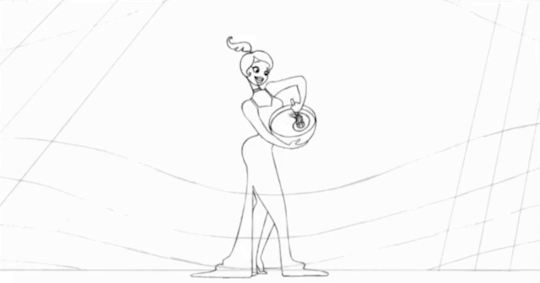

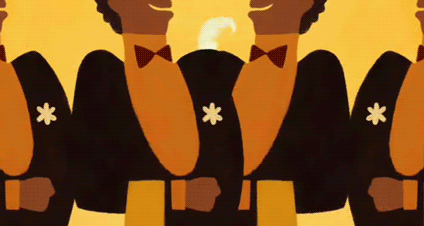
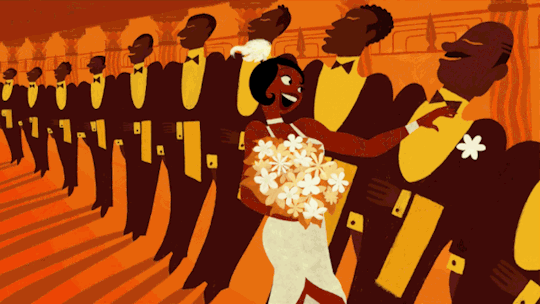

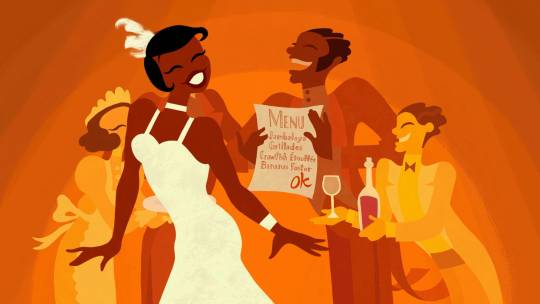
“Almost There” visual development by Sue Nichols, animation style test by Lorelay Bove & Joe Pitt, and Pencil test by Hyun-min Lee.
Disney is a collaborative place. Despite her impact on Almost There, Nichols didn’t make it herself. It took a team to have her beautiful concept art realized in motion ˣ
#disney#the princess and the frog#visual development#concept art#disney concept art#disney animation#sue nichols#Lorelay Bove#joe pitt#hyun-min lee#pencil test#animation test#art#artwork#illustration#animation
2K notes
·
View notes
Photo
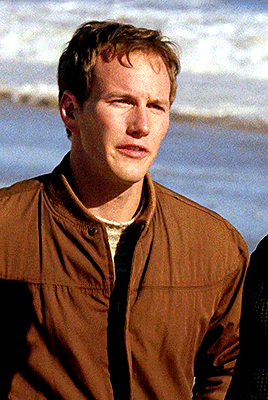
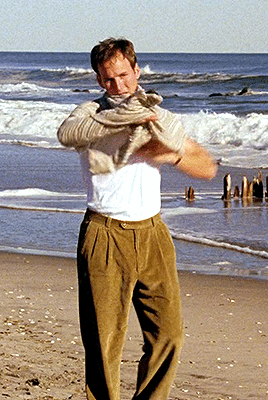
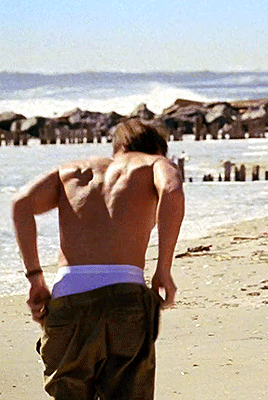

Patrick Wilson in Angels in America 1.05 “Perestroika: Beyond Nelly“
#patrick wilson#patrickwilsonedit#angels in america#angelsinamericaedit#joe pitt#angels in america 2003#tvedit#tvshowedit#serie#serieedit#actor#gifs#mine#*
3K notes
·
View notes
Text
I love toxic queer characters I love queer characters who are allowed to do terrible things and be complex and fucked up I love queer characters who perpetuate abuse and trauma I love queer characters who contribute to cycles of abuse I love queer characters who are part of the systems that harm queer people I love queer characters who have internalized ideas that are harmful to or oppose queerness I love queer characters who make themselves a slave to their passion I love queer characters who force themselves into stereotypes and others ideas of being queer I love queer characters who are flawed and messy and problematic
I also love when queer characters have to reckon with their flaws I love when queer characters have to unlearn their own prejudice and hate to truly be liberated I love when queer characters are punished for their bad choices I love when queer characters work to change and make amends I love when queer characters break cycles of abuse I love when queer characters grow and learn I love when queer characters get to be complex and human and get to grow and heal and also cause harm because people and their life experiences aren’t perfect and linear and unproblematic and life is too complicated and all encompassing to make simple and clear and inherently good and moral
I love when queer characters aren’t denied the true multifaceted and all-encompassing and real reality of life
#feeling silly#marvin falsettos#the marvin trilogy#hedwig and the angry inch#hedwig#jason mcconnell#bapo#hawkins fuller#fellow travelers#izzy hands#joe pitt#whizzer brown#angels in america#audhd moment#never the sinner#I think I’m so drawn to complicated and objectively bad queer people in history and their stories#because of the reality of humanity not being a wholly pure and good thing#and by denying that queer people can be terrible and awful and problematic you deny them the full scope of humanity#not to encourage queer people to be terrible or excuse their actions#but to acknowledge the complexity of life and being marginalized and representation#idk
193 notes
·
View notes
Text

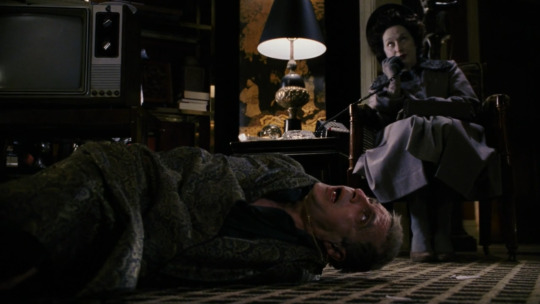

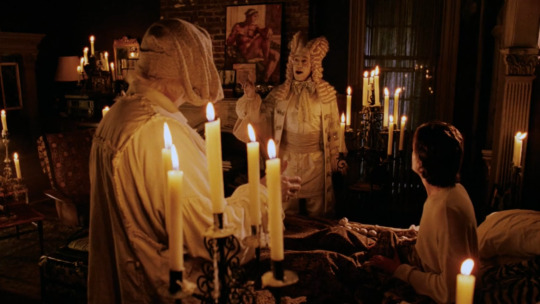
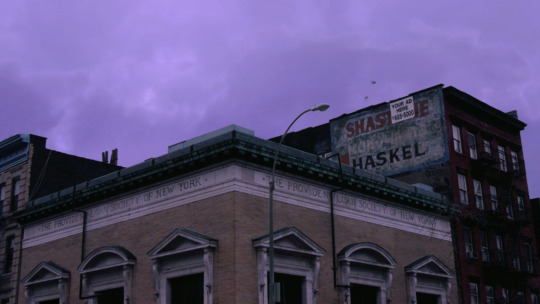
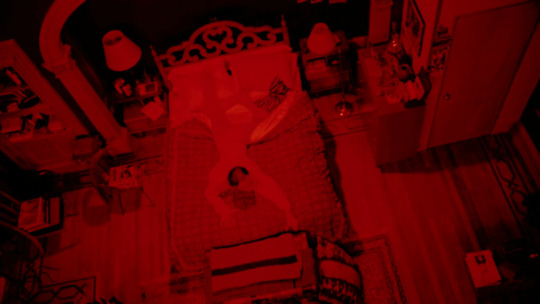

angels in america
millennium approaches: the messenger
director: mike nichols
cinematographer: stephen goldblatt
#angels in america#angels in america hbo#prior walter#harper pitt#louis ironson#joe pitt#belize#ethel rosenberg#roy cohn#justin kirk#mary louise parker#ben shenkman#patrick wilson#jeffrey wright#meryl streep#al pacino#emma thompson
159 notes
·
View notes
Text


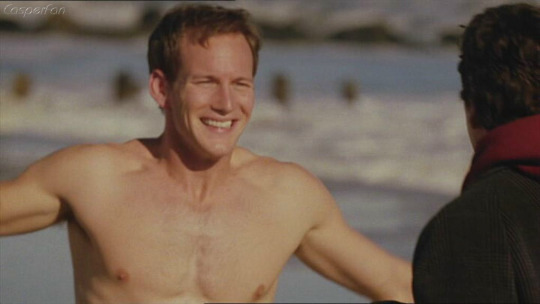
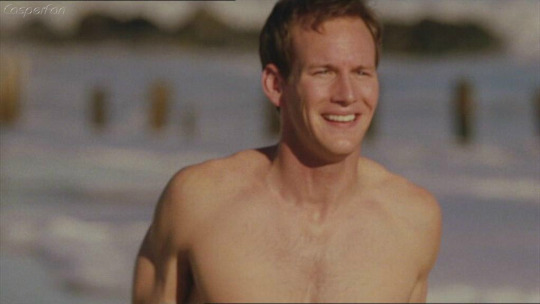
a n g e l s i n a m e r i c a, 2003 📺 dir. mike nichols patrick wilson
#gay cinema#miniseries#hbo#angels in america#angels in america 2003#mike nichols#patrick wilson#Joe Pitt#guys in film
34 notes
·
View notes
Text
if i had a nickel for every member of the 2017 west end angels in america cast that was in doctor who i'd have two nickels, which isn't a lot but it's weird that it happened twice
#doctor who#tenth doctor#alonso frame#andrew garfield#prior walter#angels in america#russel tovey#joe pitt
22 notes
·
View notes
Text
HARPER: I want your credit card.
That's all. You can keep track of me from where the charges come from. If you want to keep track. I don't care.
JOE: I have some things to tell you.
HARPER: Oh we shouldn't talk. I don't want to do that anymore.
Credit card.
JOE: I don't know what will happen to me without you. Only you. Only you love me. Out of everyone in the world. I have done things, I'm ashamed. But I have changed. I
don't know how yet, but __ Please, please, don't leave me now. Harper. You're my good heart.
(She looks at him, she walks up to him and slaps him, hard.)
HARPER (Quietly): Did that hurt?
(Joe nods "yes.")
HARPER: Yes. Remember that. Please. If I can get a job, or something, I'll cut the card to pieces. And there won't be charges anymore. Credit card.
(Joe takes out his wallet, gives her his card.)
JOE (Small voice, not looking at her): Call or.... Call. You have to.
HARPER: NO. Probably never again. That's how bad. Sometimes, maybe lost is best. Get lost. Joe. Go exploring.
(Harper digs in the sofa. She removes her Valium stash. She shakes out two pills, goes to Joe, takes his hand and puts the Valium in his open palm.)
HARPER: With a big glass of water. (She leaves)
[...]
LOUIS: I want to come back to you. You could... respond, you could say something, throw me out or say it's fine, or it's not fine but sure what the hell or... I really failed you. But... this is hard. Failing in love isn't the same as not loving. It doesn't let you off the hook, it doesn't mean... you're free to not love.
PRIOR: I love you Louis.
LOUIS: Good. I love you.
PRIOR: I really do. But you can't come back. Not ever. I'm sorry. But you can't.
Angels in America, Tony Kusher.
#i love breakups. i love divorce.#talking to the void#books#bookblr#quotes#angels in america#tony kusher#prior walter#louis ironson#harper pitt#joe pitt
38 notes
·
View notes
Text
Colonel Martin's Closet
A common sentiment I've found across many reviews of The Patriot is that Benjamin Martin could be an interesting character if the filmmakers were not so concerned with presenting him as "good." The contrast between what Martin claims to believe and value, and what others believe about him, and his behavior is certainly stark. However, I find the insistence of Martin, his community, and the narrative as a whole that his violence does not define him, despite being the most consistent thing about him, to be precisely what makes this character interesting.
It becomes clear early on that Martin has been keeping a secret from his family concerning his service in the French and Indian War more than a decade prior to the start of the film. The first allusion to this secret comes when a fellow Patriot expresses surprise that opposition to the impending American Revolutionary War arises from "the same Captain Benjamin Martin whose fury was so famous during the Wilderness Campaign." Martin's only reply is "I was intemperate in my youth." Yet less than twenty minutes of run time later we find him sitting on a British regular's back while hacking into his shoulders and neck with a tomahawk and screaming. Both of these scenes are witnessed by Martin's eldest son Gabriel, on whom the camera lingers in the aftermaths. Later, that son makes the observation, "Wherever you go, men buy you drinks because of Fort Wilderness. Strangers know more about you than I do." Up to this point, Martin has constructed a wall to separate his life as a soldier and his life as a father. Or, rather, several walls. And a door.
In Epistemology of the Closet, a foundational text in queer theory, Eve Sedgwick writes of the closet that "a whole cluster of the most crucial sites for the contestation of meaning in twentieth-century Western culture are consequentially and quite indelibly marked with the historical specificity of homosocial/homosexual definition, notably but not exclusively male, from around the turn of the century. Among these sites are, as I have indicated, the pairings secrecy/disclosure and public/private" (72). The Patriot's subject matter predates the historical specificity Sedgwick delineates, but the film's writing does not. Indeed, given its rampant historical inaccuracies, The Patriot may be said to tell us more about the early 21st century than the 18th one. It is no secret that Martin is a soldier, but the particular kind of violence he engaged in previously breaks containment over the course of the film even as most others' recognition of it does not. I want to propose that the closet is a particularly apt metaphor for the ways Martin's crimes are separated from his identity.
Just as the closet can manifest in different ways, so there are different ways to occupy it. Particularly striking examples of two of them can be found in Tony Kushner's two-part play from the early 90s, Angels in America. Joe Pitt rejects his desire for other men, not giving into it until halfway through the play, because he believes it is sinful. When his wife asks what he prays for, he replies, "I pray for God to crush me, break me up into pieces and start all over again" (Millennium Approaches, II, ii). An earlier attempt at disavowal finds him asking "Does it make any difference? That I may be one thing deep within, no matter how wrong or ugly that thing is as long, as I have fought with everything I have to kill it?" (Millennium Approaches, I, viii). Joe hopes to find salvation in inaction, but ultimately cannot maintain this resolve. Still, the conviction that action will damn him remains sincere. Before going home with his soon to be lover Louis, Joe tells him, "I'm going to Hell for doing this" (Millennium Approaches, III, vii). Joe uses the closet to conceal a part of himself of which he is deeply ashamed, that he has fought, unsuccessfully, to rid himself of. Joe's mentor Roy Cohn, though, insists that his actions do not define him because of his political standing, his "clout." When his doctor diagnoses him with AIDS, he says, "Your problem, Henry, is that you are caught up on words, on labels, that you believe they mean what they seem to mean." Later in this scene, he clarifies:
"I have sex with men. But unlike nearly every other man of which this is true, I bring the guy I'm screwing to the White House and President Reagan smiles at us and shakes his hand. Because what I am is entirely defined by who I am. Roy Cohn is not a homosexual. Roy Cohn is a heterosexual man, Henry. Who fucks around with guys" (Millennium Approaches, I, vi).
There is no shame in Roy's closet. There is instead contempt for other gay men: "Homosexuals are men who in fifteen years of trying cannot get one pissant antidiscrimination bill through City Council." While Joe fears action for the impact it will have on his identity as a married Mormon Republican man, Roy insists that no such connection exists. He believes he can do as he pleases with impunity and his community will keep the secret, as he coerces his doctor to do.
Early on in The Patriot, Martin's way of inhabiting the closet appears to have more in common with Joe's. When he discovers that his son Thomas has gone into his room and opened his trunk full of French and Indian War memorabilia to put on his red British Colonial Army coat, not only does he immediately insist on taking it off of him, but he does not look at it until the end of the scene. When Thomas asks, "What happened at Fort Wilderness?" Martin cannot make eye contact with him and says, "Put it away." What is a trunk but a horizontal closet? And yet this closet serves two purposes for Martin. It conceals these souvenirs from his past, yes, but it also assures that he knows exactly where they are and can access them quickly when he needs them. This is also true of Martin's relationships with the men who fought with him in the previous war, as we see when he is recruiting men in the tavern later. One acquaintance asks Martin if he is paying any bounties, and Martin responds: "No scalp money this time Rollins, but you can keep or sell back to me the muskets and gear of any redcoat you kill." Not only does Martin easily, even flippantly, confirm what is arguably the most shocking of his past actions, but he is offering to do it again with one important modification. He is no longer trafficking in human remains, but he has no qualms about incentivizing murder. Where did his shame go? Like Roy Cohn, Martin has no problem discussing his "secret" with men who already know it. And Rollins is certainly not going to judge Martin; they are allies, and the relationship is mutually beneficial.
Martin's allies support him in more ways than one. In addition to giving him space to operate outside the closet, they also aid in its maintenance. As Sedgwick writes, "'Closetedness' itself is a performance initiated as such by the speech act of a silence--not a particular silence, but a silence that accrues particularity by fits and starts, in relation to the discourse that surrounds and differentially constitutes it" (3). Coming out is not an autonomous, individual action. Much depends on the response of those who witness the silences and confessions, whose response shapes the speech act as much as those whose secret it reveals or conceals. When Gabriel follows his younger brother in asking about Fort Wilderness, Martin answers by telling the whole story. If he may be said to truly "come out" anywhere, it is here: "And not a day goes by that I don't ask God's forgiveness for what I did." As much as Martin centers his current feelings at the expense of his past actions, as much as he'uses collective pronouns when describing those actions--as though he was part of a committee rather than a commanding officer--he does, at the very least, own that he did something wrong. But Gabriel's response is quite telling: "Thomas was my brother as well as your son. You may not believe this, but I want satisfaction as much as you do." This has nothing to do with Martin's confession. It is not even in the same stratosphere as Martin's confession. Like so many loved ones of LGBTQ people in response to their acts of coming out, Gabriel does not accept or condemn what his father has revealed about himself. He simply changes the subject. This scene is comparable to the one in Angels in America when Joe makes a drunken call to his mother in Salt Lake City to tell her "I'm a homosexual," and she responds with "Drinking is a sin! It's a sin! I raised you better than that." (Millennium Approaches, II, viii).
For all these similarities in characters' interactions, The Patriot and Angels in America's uses of the closet could not be more different. When Joe's relationship with Louis comes to an abrupt end, he tries to return to the safety and familiarity of his marriage only to find that his wife is leaving him. Roy, whose body is already marked by Kaposi sarcoma lesions when he meets with his doctor in the first play, is dead from the disease he himself connects with the group he refuses to acknowledge his inclusion in at the end. Ultimately, they are unable to detach identity from action. Martin can, not only owing to his loved ones' cooperation but to the narrative's.
Of course, the main point of contrast to Martin's closetedness is the open-ness of his antagonist Colonel Tavington, who kills both Thomas and Gabriel by the end of the film. Tavington's words, actions, and identity exist in seamless unity with one another. Most of the war crimes shown onscreen are carried out on his orders; he speaks violence into existence. Moreover, those in his community do nothing to conceal his crimes: quite the opposite. In a deleted scene, Cornwallis tells Tavington in a tent full of British officers, "General O'Hara informs me that you've earned the nickname 'The Butcher' among the populace." Not only does Cornwallis uncritically accept that Tavington's behavior warrants such a name, but he assures that all of his officers know of Tavington's actions. Yet neither here nor elsewhere does Tavington deny or diminish his application of violence. And he is aware of the consequences. When he argues to Cornwallis that "brutal" tactics are necessary to capture Martin, he also acknowledges, "If I do this, you and I both know I can never return to England with honor" before asking for land on the frontier, beyond the reach of British law. The closet has not been built that could contain Tavington.
Martin's nickname evokes his closetedness as much as Tavington's does his outness. His actions at Fort Wilderness included both cutting Cherokee and French men's bodies into pieces and distributing those pieces, butchery in the most literal sense of the word. Yet his nickname, first coined by Tavington himself, is "The Ghost," an allusion to his way of appearing out of nowhere to surprise the British forces far more than what he does to them afterwards. Not only are Martin's past victims erased from the narrative, but his present ones are wholly silent on the subject of his violence except, ironically, Tavington, who has to remind his superior that Martin "has killed [eighteen] officers in the past two months" when General O'Hara stops him from drawing his sword on Martin. Perhaps it is not surprising that he sees the truth about him so much more easily than others. The wider Martin's closet door creaks open, the more what we glimpse within resembles Tavington, red coat and all.
Tavington does play some role in the opening of that door, and it is the same role Louis Ironson plays in coaxing Joe Pitt out of the closet and into his bed. Joe knows he is gay long before he meets Louis, just as Martin's taste for violence is well established more than a decade before he encounters Tavington, but these meetings with men who are already "out" create ideal opportunities for Joe and Martin to give in to the desires they have repressed. Ironically, it is during his fight with Tavington at the end of the film, the consummation of the bloody courtship carried out between them since Tavington recognized Martin at the prisoner exchange, that Martin chooses to shut the closet door from the inside. After stabbing Tavington through the torso, the same way he killed Gabriel, Martin tells him, "My sons were better men," and puts a bayonet through his throat. This is not about gratifying his own desire for violence; it is just about avenging his sons. The sons his closet protected him from, whose refusal of knowledge reinforces that very closet, have the final word on defining who their father is. Benjamin Martin is not a war criminal. Benjamin Martin is a war hero. Who likes to kill men in rapey ways.
The final few scene of the film only serves to reinforce how little Martin has changed. He returns home to his children to marry their aunt and produce more "good stock." The final scene reveals his men building him a new house in the exact spot where the one Tavington burned once stood. This house will no doubt contain a new trunk that itself will contain the weapons he used in the American Revolutionary War, waiting for an opportunity when violence, once again, proves the only option. Martin is able to inhabit the closet in a way Roy Cohn can only dream of. Roy believes other Republican lawyers will help keep his secret; instead, they rejoice at his demise. And when he dies, his mourners consist of two out gay men who detest him and the ghost of a woman he helped the state murder. The historical Roy Cohn is remembered as much for dying from AIDS as for anything he did in his lifetime; his panel on the AIDS Memorial Quilt is inscribed with the words "Bully, Coward, Victim." Kushner chose to include a characterization of Roy Cohn because his failure to remain closeted in death so well illustrates the play's themes surrounding the difficulty of change, the importance of community, and the inevitability of progress.
The men on whom Benjamin Martin is based have fared better than Roy Cohn thus far, though that is changing. They are honored in history books and by statues and plaques and the names of universities. It is only in recent decades that the racist acts accompanying their fight for freedom from tyranny have been brought to light as worthy of public as well as academic attention. The Patriot represents an argument against this type of outing. What does it matter that these men who fought for American freedom may have done unsavory things to win it? Is it not better to keep that part secret to better appreciate what they were able to accomplish? It does matter, and it is not better to hide it, because to do so erases the histories and silences the voices of those whose lives were destroyed by the victors' hunger for power, namely Native and Black Americans, and how is that not tyranny in itself?
#the patriot#eve sedgwick#angels in america#the closet#benjamin martin#william tavington#joe pitt#roy cohn#leave it to ben martin to be the first man ever#to go back in the closet#while he's inside another man
11 notes
·
View notes
Text
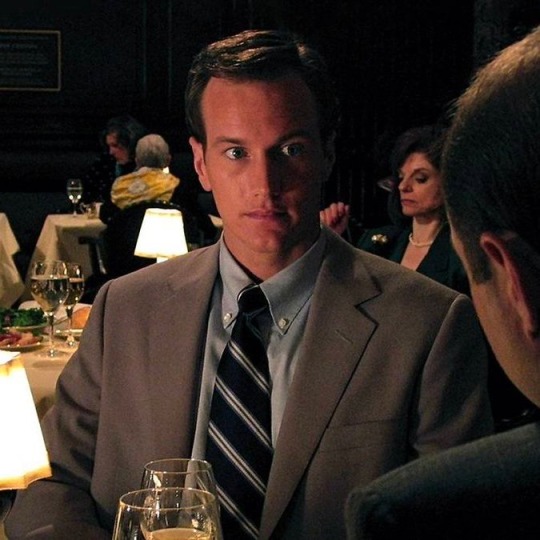
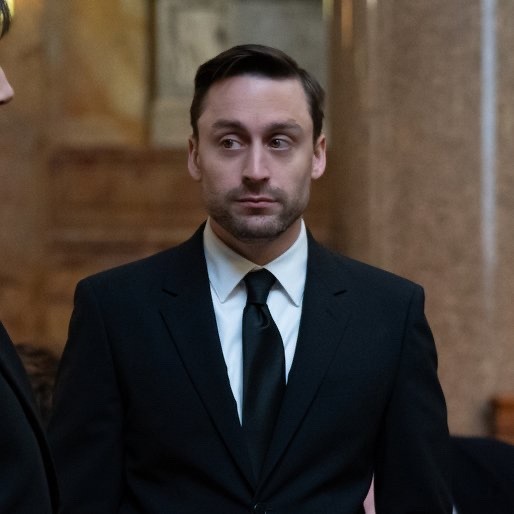
the parallels between roman roy and joe pitt are actually insane they’re so alike
#roman roy#kieran culkin#joe pitt#patrick wilson#angels in america#tony kushner#succession#jesse armstrong#hbo#hbo series#succession hbo#angels in america hbo#parallels
50 notes
·
View notes
Photo


Angels in America
Chapter Two: “In Vitro”
57 notes
·
View notes
Text

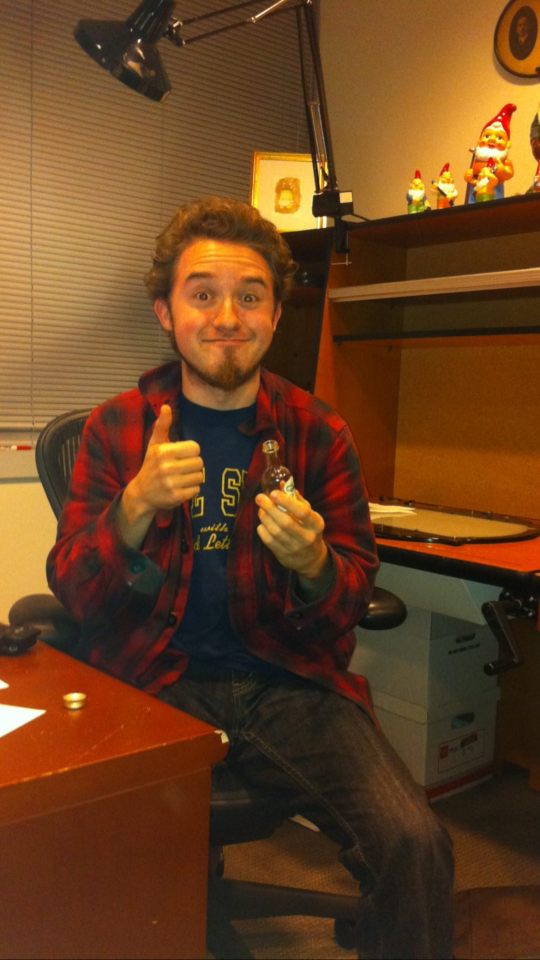

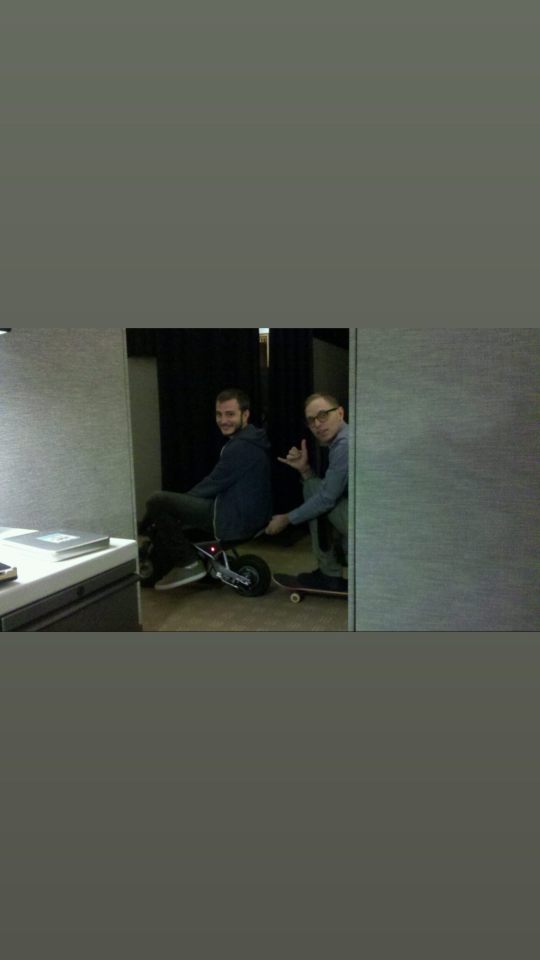
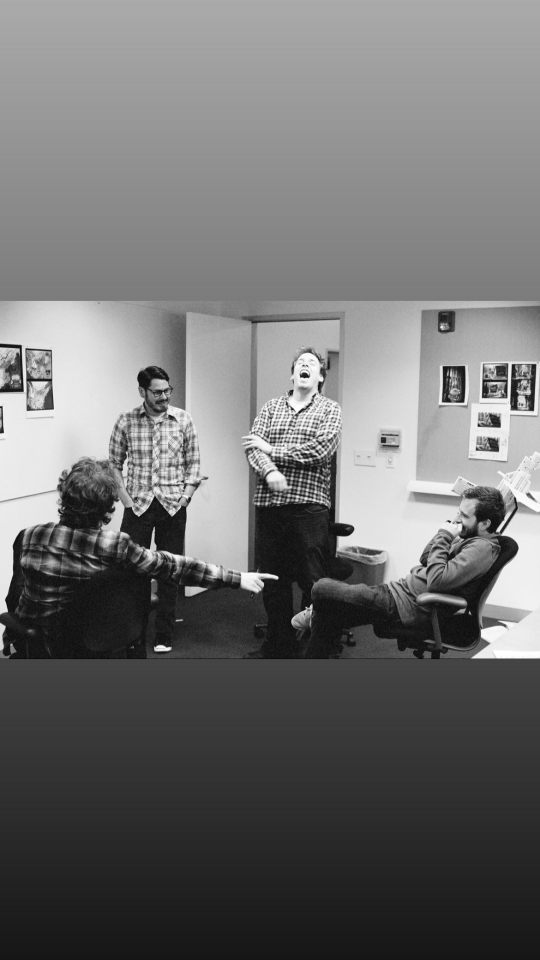





Former Gravity Falls Director Joe Pitt posted a bunch of Behind the Scenes photos and videos from the Gravity Falls offices during season 1 on Instagram! Given how many he posted, I've archived them all over on Imgur. So, if you wanna take a look at what the people behind our favourite show were doing while making it, link's below!
Behind the Scenes Gallery
#gravity falls#10 years of gravity falls#alex hirsch#joe pitt#gravity falls season 1#dipper and mabel#gravity falls mabel#gravity falls fandom#grunkle stan#dipper#mabel#dipper pines#mabel pines#behind the scnes#gravity falls behind the scenes#ian worrel#michael rianda#these videos are hilarious#these guys made gravity falls while playing with toys they bought at toys r us#look how young they all were#we're getting old#2012 was 10 years ago already
7K notes
·
View notes
Text
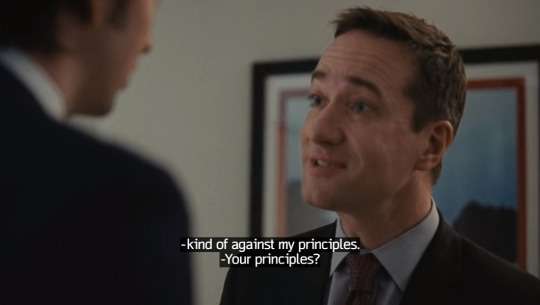

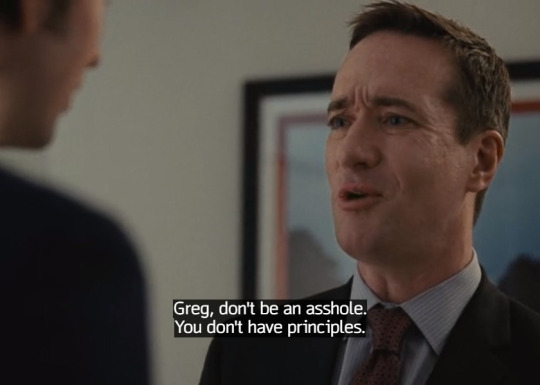
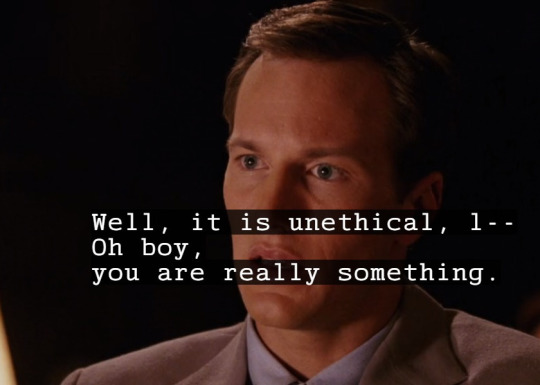
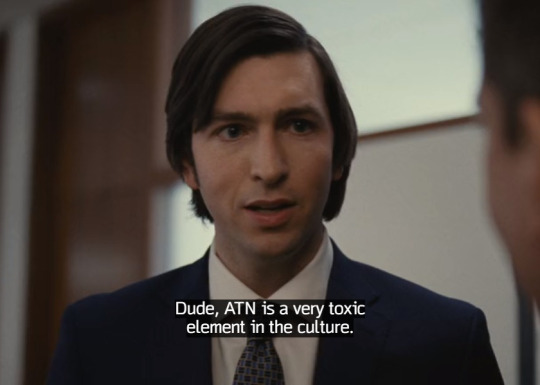


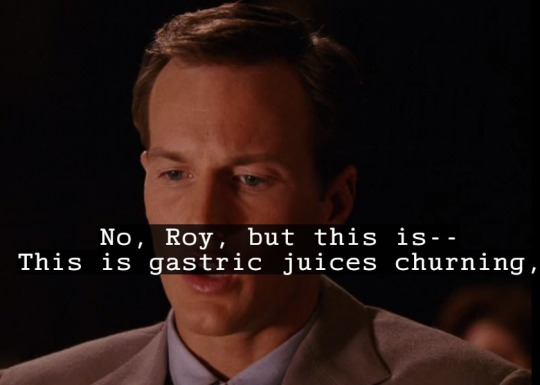
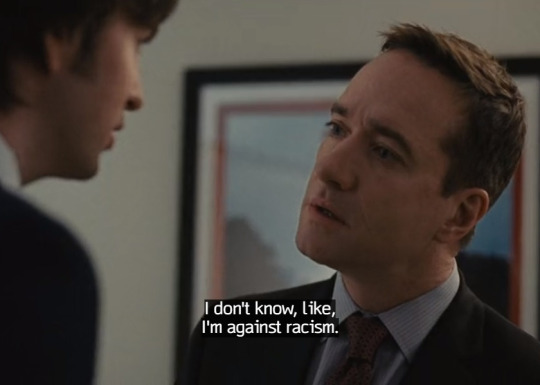

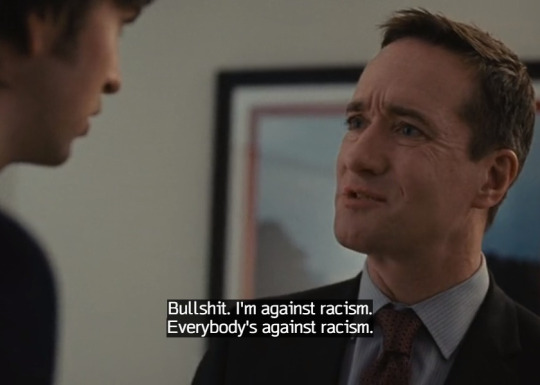
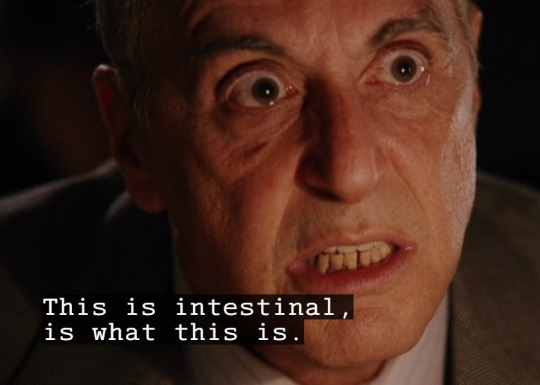
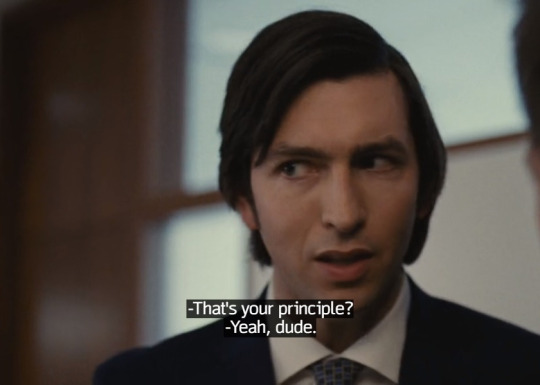
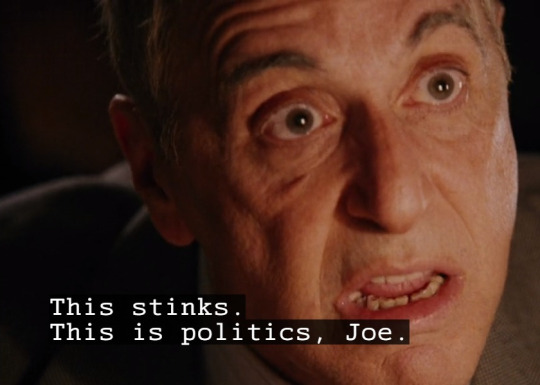
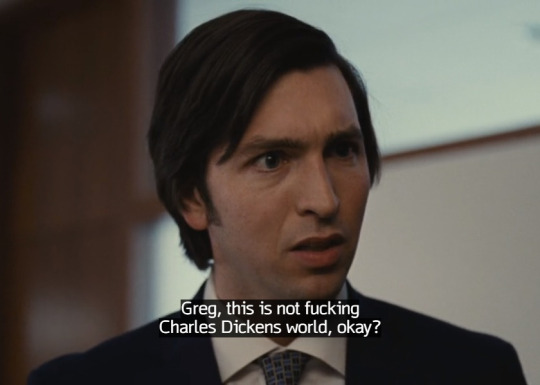

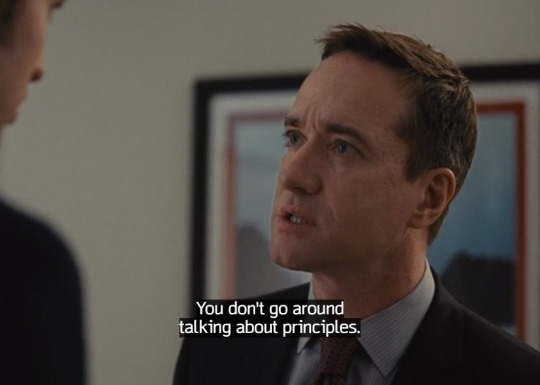

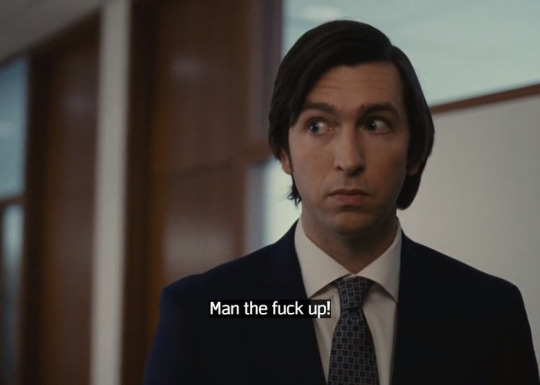
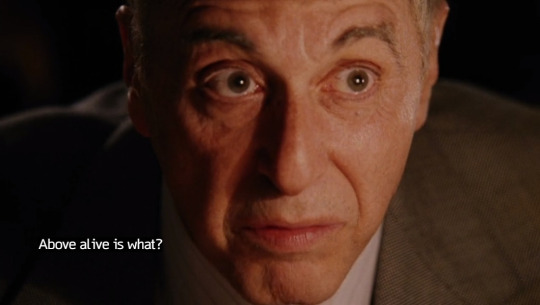
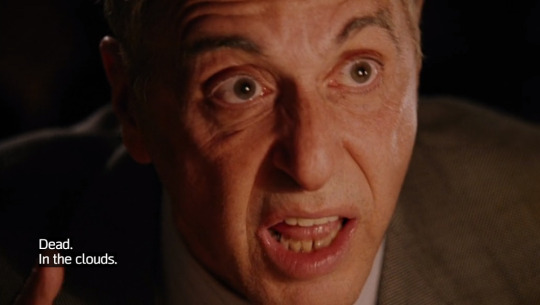
Angels in America ep.2 + Succession se2ep4
#tomgreg#tom wambsgans#2x4 safe room#succession hbo#angels in america hbo#succession#angels in america#roy cohn aia#joe pitt#mine
2 notes
·
View notes
Text
since i’m finally getting to annotate and really interact with aia (the first time i read it was 5 ish years ago? almost 6? and i only just got a copy i don’t feel bad writing in the other night) im just reminded like how fucking amazing it is and also how unfortunate it is that joe says almost all my favorite lines and yet he’s like. Joe….
#god may forgive you for being gay but absolutely not for being a staunch republican. sorry#angels in america#joe pitt
9 notes
·
View notes
Text
Me when religiously traumatized repressed homosexual character: 🥰🥰🥰🥰🥰
4 notes
·
View notes
Text
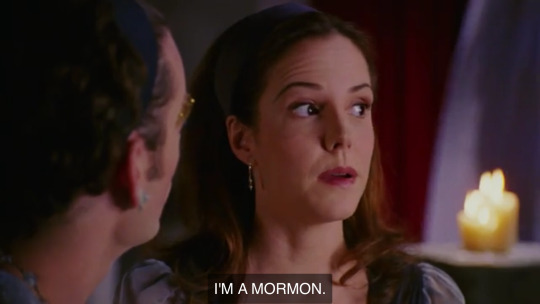
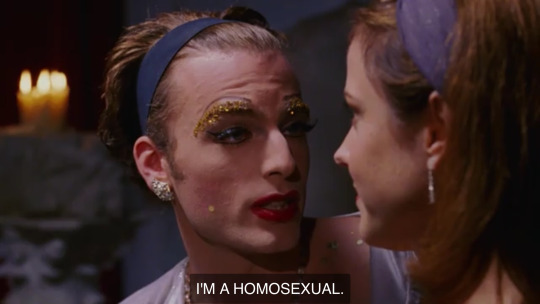

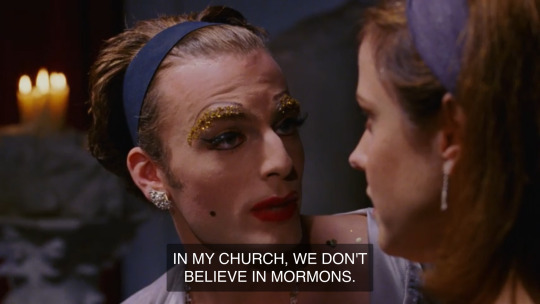
angels in america
millennium approaches: bad news
#angels in america#prior walter#harper pitt#justin kirk#mary louise parker#louis ironson#joe pitt#angels in america hbo
97 notes
·
View notes